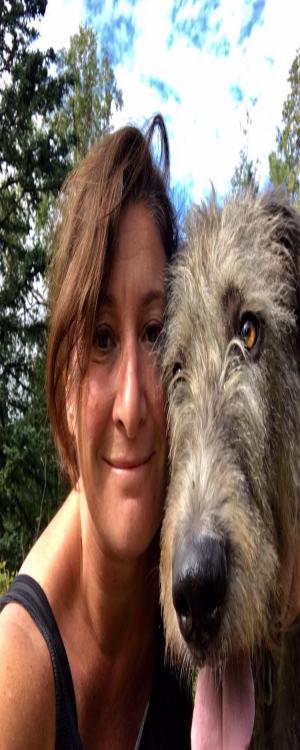
Cheryl Rosa is was elected to fill a vacated position on the Board of Directors in February 2020 and her term expires in 2020.
Dr. Cheryl Rosa is Deputy Director and Anchorage-based Alaska Director of the United States Arctic Research Commission (USARC), an independent federal agency of presidential appointees that advises the White House and Congress on Arctic research matters, and works with executive branch agencies to establish and execute a national Arctic research plan. The Commission also facilitates cooperation with local and state governments and recommends means for developing international scientific cooperation in the Arctic.
Dr. Rosa is trained as a Wildlife Veterinarian and Wildlife Biologist and has worked with subsistence communities on the North Slope and in the Russian Far East on a wide range of studies involving wildlife health and zoonotic disease, marine mammal stranding response, subsistence food safety, and oil spill/offshore discharge research. She serves on numerous federal and non-federal boards and steering committees and has served as a member of the International Whaling Commission's Scientific Committee.
Presently, she is involved in running USARC's Alaska Rural Water and Sanitation Working Group, the Arctic Renewable Energy Working Group.
She received a PhD in Biology from the University of Alaska Fairbanks, a Doctorate in Veterinary Medicine from Tufts University, and a BS in Animal Science and a BS in Zoology from the University of Massachusetts Amherst.
Dr. Rosa's interest in serving on the ARCUS Board relates to her involvement in several of the the organization's mission goals: networking, communications, education, and research community support and facilitation of Arctic research. In 2018, Dr. Rosa co-authored the updated version of NSF's Principles for Conducting Research in the Arctic. Through her work and experience at the US Arctic Research Commission (USARC), specifically via the USARC working groups, she has brought researchers, program managers, community members, and other stakeholders together to network, plan, communicate, and work towards common goals. She hopes her experience in creating these efficiencies and links will be a "value added" to ARCUS.
